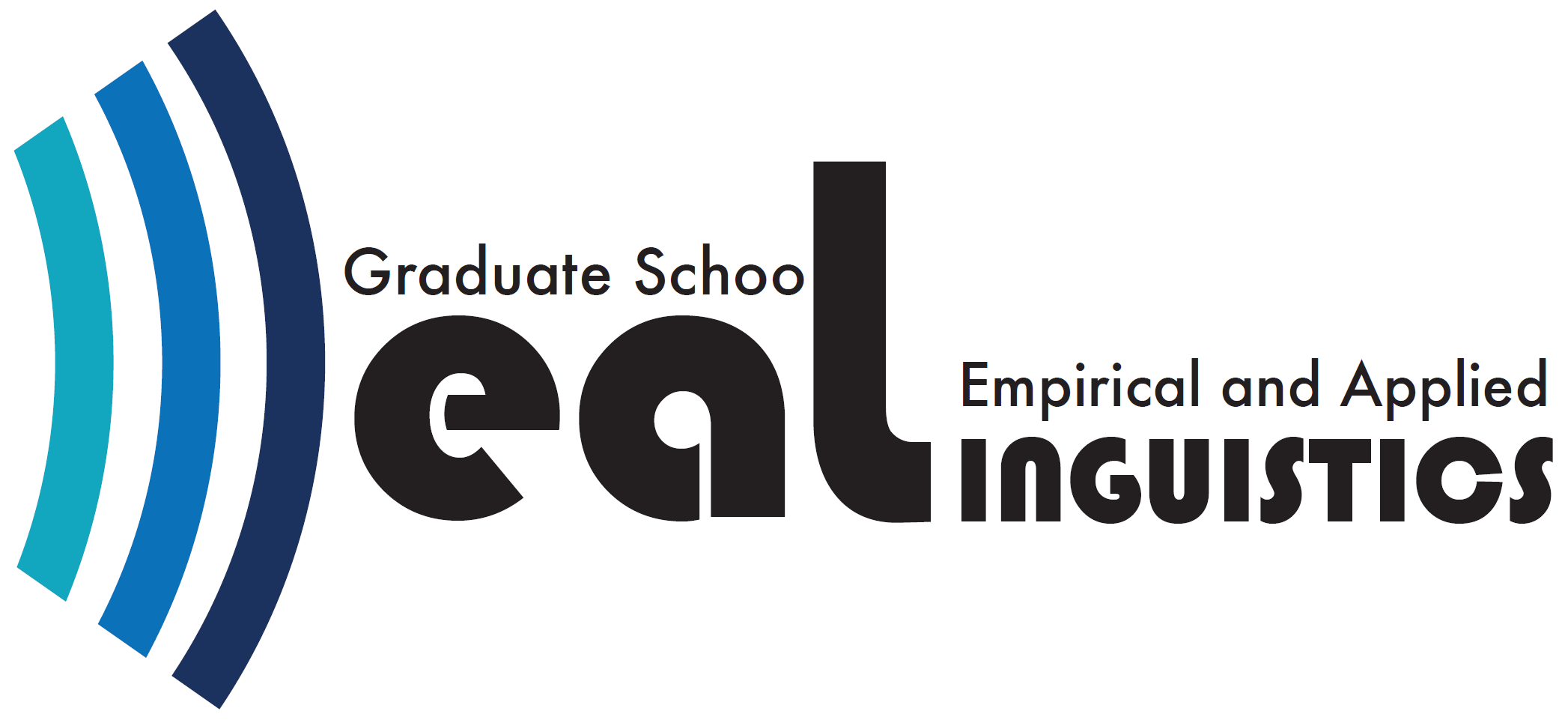Keynote Vorträge
Dr. Stefanie Jannedy: Fine phonetic detail in the context of social variation
Leibniz-Zentrum Allgemeine Sprachwissenschaft (ZAS)
Kiezdeutsch may be the far better known term for what might by now be also called urban German or just STREET. We have worked on the phonological features and the fine phonetic implementations of them in the Berlin variety of urban German, spoken predominantly by younger multi-ethnic adolescents but also mono-ethnic Germans from different neighborhoods in Berlin. Over the course of our work, we have conducted production studies, perception tests and attitude estimations with a wide variety of participants. The range of work included classic sociolinguistic interviews, categorical perception test and Implicit Association Tasks (IAT). In this talk, we will give an overview of our questions asked and our methods chosen to answer them. Moreover, we will let you in our very first preliminary insights from our work on Register.Jannedy, S. & Weirich, M. (2014) Sound change in an urban setting: Category Instability of the Palatal Fricative in Berlin. Journal of Laboratory Phonology 5(1):91-122.
Jannedy, S. & Weirich, M. (2017) Spectral moments vs. discrete cosine transformation coefficients: Evaluation of acoustic measures distinguishing two merging German fricatives. Journal of the Acoustical Society of America 142(1):395-405.
Weirich, M., Jannedy, S. & Schüppenhauer, G. (2020) The Social Meaning of Contextualized Sibilant Alternations in Berlin German. Frontiers in Psychology, Vol.11:566174. doi: 10.3389/fpsyg.2020.566174
Prof. Dr. Sarah Schimke: Comparing online and offline data in different types of language users
TU DortmundOnline data, that is, data that reveal insights into language processing while it is taking place, and offline data, that is, data that assess final interpretations, judgments or produced utterances, provide complementary insights into language users’ linguistic knowledge. The differences are related to the different reflections of implicit and explicit processes in both types of measures: Online data provide insights into implicit knowledge while it is put to use, while offline data may reflect both implicit and explicit knowledge about language.
Crucially, the relation between online and offline data may be different in different types of language users, as is the relation between implicit and explicit knowledge. I will provide examples from studies with first and second language child and adult language users to illustrate the different possible relations, and discuss how these differences could be taken into account in empirical studies in a systematic way.
Prof. Dr. Bettina Braun: Using imitation and meaning tasks to tap into the (phonological) status of pitch accents
Universität KonstanzIntonation languages signal postlexical meaning by using intonation (phrasing and pitch accents). This leads to the situation in which the same string of words can have different interpretations, such as an information-seeking or a rhetorical question (e.g., Wer studiert denn Linguistik?). In the autosegmental-metrical theory, intonation is annotated by a sequence of low and high tonal targets (L*, H*), whose alignments with the stressed syllables differ. In German, for instance, there are six different pitch accent types. It is difficult to tell whether differences in accentual realization are phonetic or phonological in nature. I present a study, in which we assessed the linguistic status (i.e., phonological vs. phonetic) of three different kinds of rising-falling contours that have recently been observed in German wh-questions (Braun et al., 2019). I first show data from two kinds of imitation tasks (immediate vs. delayed imitation) and then present judgements on the (connotative) meaning of the different rising-falling contours. In the talk, I will discuss methodological and phonological issues.
Prof. Dr. Katharina Spalek: Neuroimaging and neurophysiological measures for investigating the activation of focus alternatives during language comprehension
Humboldt-University BerlinI will present a number of studies looking at the online comprehension of spoken sentences with prosodically marked contrastive focus, for example “The conference takes place in [MARCH]F”. In particular, I will concentrate on whether alternatives to the focused element (e.g., February, April, 2022) become activated in the listeners’ minds and how this can be measured. Both group effects and individual differences will be investigated. Data from neuroimaging, neurophysiological measures (event-related brain potentials) and behavioural data will be presented. I will discuss the respective merits and problems of these different types of data.

